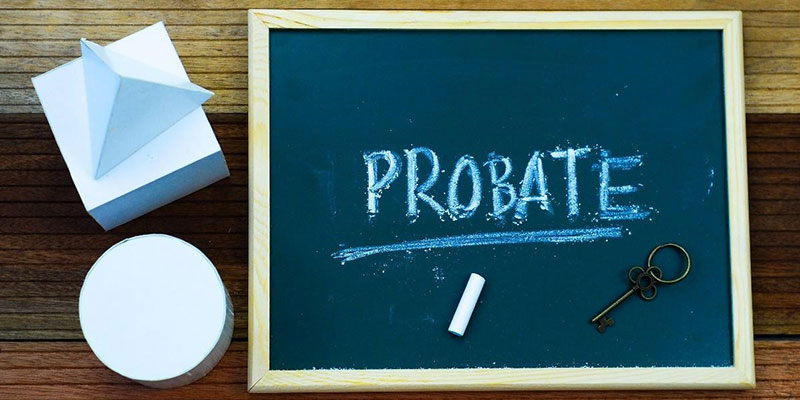The following article will cover:
- Probate in North Carolina, including the legal procedure for settling an individual’s affairs after their death and the required paperwork and fees involved
- Challenges and perceptions of probate, discussing the complexity of the process, the time it takes to complete, and the option of using a revocable living trust to avoid probate
- The limitations of a will in preventing probate and the importance of estate planning strategies such as revocable living trusts and beneficiary designations to minimize the need for probate
What is probate? What triggers probate in North Carolina?
Probate refers to the legal procedure of settling an individual’s affairs following their death. When someone passes away, their family is required to visit the county office where the deceased resided and fill out initial paperwork. A fee is paid at this stage, followed by subsequent procedures at the 90-day mark and at least once annually until the estate is fully settled.
Is North Carolina probate as bad as everyone says?
Probate is generally viewed as a taxing process. Though North Carolina’s probate fees are relatively modest, the process can be daunting due to the complexity of correctly filing all documents in the first attempt and the need for frequent interactions with county officials. Furthermore, estate administration may span up to a year. This is why we often advise the creation of a revocable living trust to sidestep the tedious probate process rather than avoid the fees.
Can a will prevent probate in North Carolina?
Contrary to common belief, a will by itself cannot prevent probate. You might have heard the phrase “probating a will” in movies, which refers to the undertaking of the probate process. Probate applies to individuals with or without wills.
Various estate planning strategies, such as establishing a revocable living trust, setting up payable-on-death designations, allocating beneficiary designations in financial policies, or owning joint property with survivorship clauses can aid in probate avoidance. Though a will is an important tool, it alone does not achieve this objective.
Can I avoid probate of my estate after death?
The requirement for an estate to go through probate is determined by the types of assets held by the individual and the existing estate planning documents at the time of death. If probate-prone assets are present at death, the estate will have to undergo probate unless these assets were previously managed through a revocable living trust.
Can someone realistically try to navigate the probate process on their own without the help of an experienced attorney?
The probate process is technically designed for individuals to access the required forms and independently navigate the procedures. However, most people find the process intricate and difficult to understand, especially when it comes to answering detailed questions on the probate forms. It is recommended to engage a probate attorney, like our firm, to manage the probate process on your behalf.
For more information on the probate process in North Carolina, an initial consultation is your next best step. Get the information and legal answers you are seeking by calling (704) 625-6170 today.

